My name is Laura Robles Marcuello, I was born on 21.07.1981 in Swaziland, Mbabane because my dad (Peruvian) worked nearby and then we went to Cape Verde for a while. My mom (Argentina) got tired of being in Africa and we moved to Lima. When I was 4 years old I started playing cajon, my first teacher was Amador Chebo Ballumbrosio, I was with him until I was 12 years old, then he never wanted to give me lessons again, he told me that I asked too many questions. My neighbour Susana Baca, Peruvian singer, opened an institute called Negro Continuo and I could follow theory classes there with Nilo Borges, Cuban violinist and an incredible person who gave me hours of teaching for years and in parallel I could listen to rehearsals, meet many musicians who passed through there and play with my first bands. Then I met Laureano Rigol and Roberto Borrell, both Cubans, with whom I learned technique and theory, traditional and popular Cuban music, among other things. I started playing electric bass at the age of 20, I formed different projects, but so far the most important project is the Astrocombo.
I have worked with musicians from many countries and participated in international festivals. Currently, I spend most of my time researching different ways of writing traditional rhythms, how to explain what groove is and composing. I also have an experimental music trio called Tripas, I am part of the band Perfektomat led by Joscha Oetz, I work together with Peter Ehwald, our project is called Camina, a duo with Carlos Corona and I work on my solo project Antigroove. I live with my family in Berlin. If you are interested in knowing more about my work or playing with me, you can write me
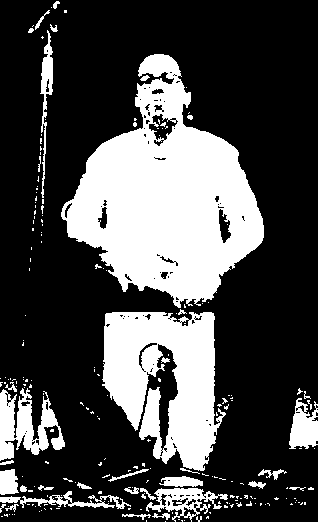
In my first solo project, I use rhythms from different countries and change the internal phrasing between them through morphing and improvisation. I also compose rhythms and melodic lines that accompany me during the process of change.


The cajón originated in coastal Peru as a percussion instrument that the black slaves created from wooden fruit boxes, when foot drums were banned at the end of the Spanish colonial-era, in the 19th century. From its birth the cajón was a symbol of resistance, experimentation and transformation, so Robles and Cárdenas strive to maintain the instrument’s spirit and qualities by pushing the boundaries of its sound into the future. However, although buzzing with an intense voltage and proffering a fresh contribution to modern experimental/noise/low fi/percussive music, the duo’s mission isn’t merely capturing something sonically futuristic, but is primarily concerned with shaking off the dust: “These rhythms have become ossified nowadays, heard in Peruvian folklore shows, and on the ‘global music’ circuit, but our desire is to experiment and do something more radical with them, connecting to the instruments more radical past”, comments Cárdenas. The two musicians take the pulses of dances like Landó, Zamacueca, Festejo, Alcatraz, Lamento and Son de los diablos, electrifying and mutating them into pure textures, or reinforcing the physical character of the cajón through repetition and distortion. The LP began with recorded improvisations between the duo at Ale Hop’s studio, which she then edited, adding synths and more guitar. Following that it was performed live for the Heroines Of Sound festival, accompanied by the dancer/choreographer Liza Alpiźar Aguilar, which was described as “nothing short of amazing” by The Wire. Following the show Cárdenas added further edits and post production, resulting in the finished article. ‘Agua Dulce’ is published through Buh Records, on all digital platforms and in a vinyl edition, limited to 300 copies. Cover Art by Eduardo Yaguas.
Laura Robles, Alejandra Cardenas ( Ale Hop )

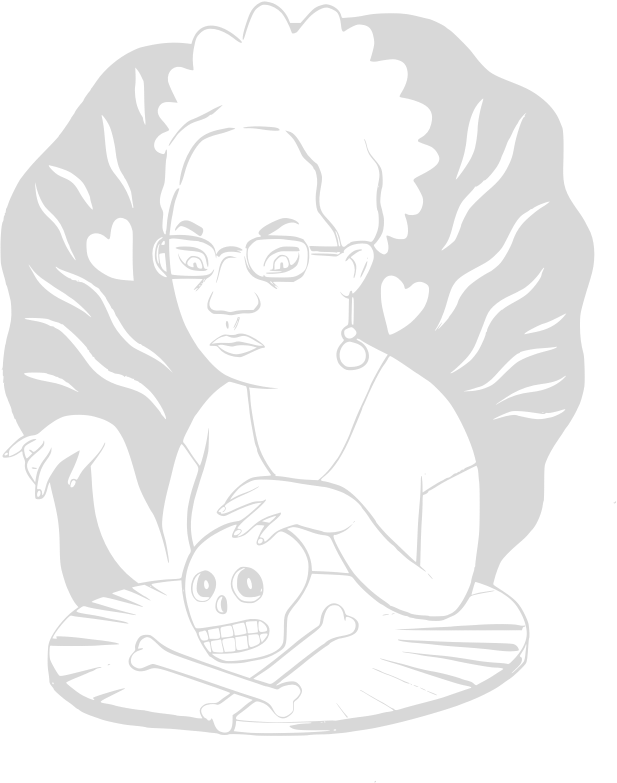
The group, consisting of Laura Robles: ecajon bass, Gustavo Obligado: saxophone clarinet and Tom Kessler: guitar and edrum, is a mixture of Latin American chaotic urban sounds, folklore and free improvisation. Over the past two years, the three musicians have used various rhythmic elements of Latin American popular music and the noise characteristic of the continent to create new sounds, melodies and rhythms with traditional instruments and equipment built by Tom K.


The Astrocombo consists of 12 compositions that are not 100% "finished" and that I complete with each guest, each guest has room to interpret the music as they wish. A guest stays for a maximum of two years and each season has a different focus.


I am looking for new ways to approach modern jazz music with the Afro-Peruvian cajon. Together with the saxophonist Peter Ehwald and the pianist Johannes Lauer, she finds a musical language that combines rhythmic and harmonic concepts of jazz with the expressive possibilities of Afro-Peruvian folklore, creating a densely woven music of great improvisational freedom and breadth.
Johannes Lauer, Laura Robles, Peter Ehwald

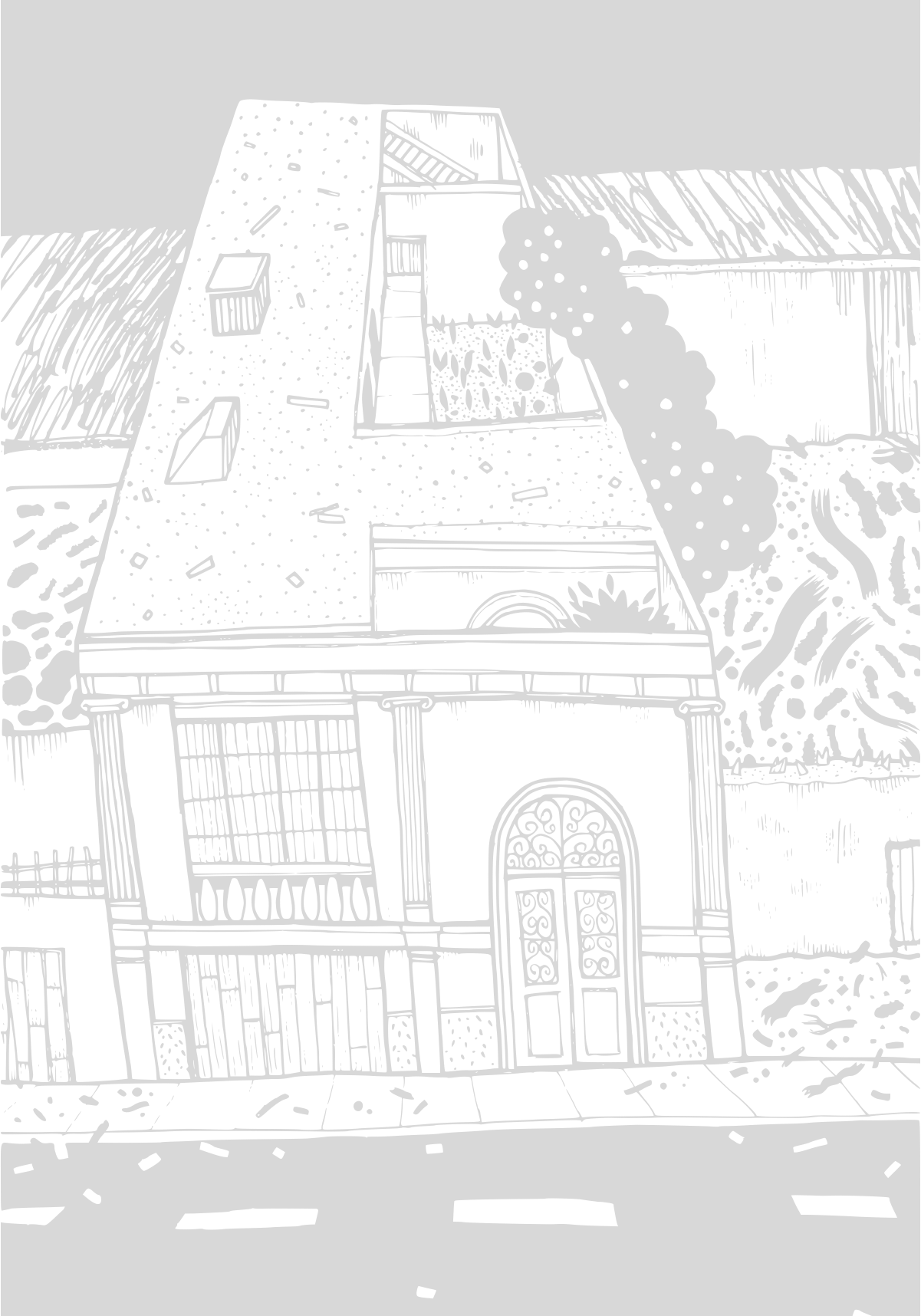
Cookies?
My website only uses cookies after logging into the admin area. It does not use cookies for the publicly accessible pages :). If you want to be sure, please block cookies from being saved via your browser settings or use a Private Browser Window, thanks!
If you are curious, you can scan here for the cookies this website might use.
For more information you can read my imprint and data privacy policy.
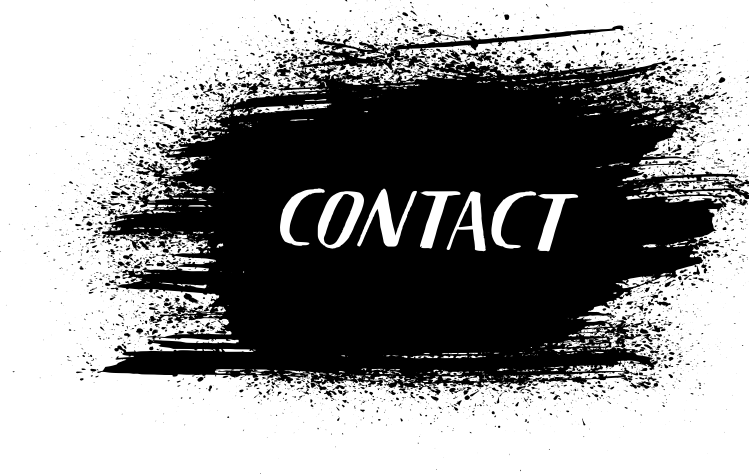
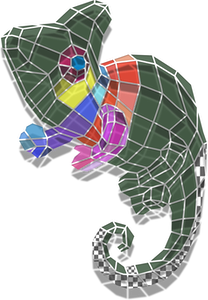 2025
2025